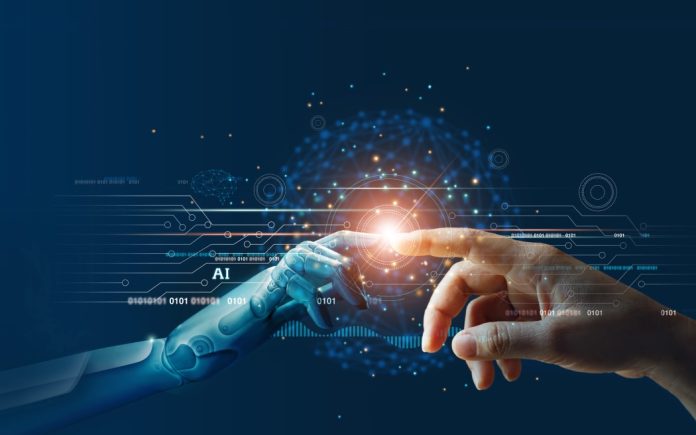TECHNOLOGY- Goldman Sachs economists say up to 300 million full-time jobs around the world could be affected by artificial intelligence.
The new wave of AI spawning platforms like ChatGPT could lead to jobs being automated in some way.
In a report Sunday, they predicted 18% of work globally could be computerized.
Economists at the investment bank believe the effects would be felt more deeply in advanced economies than emerging markets, with white-collar workers more at risk than manual laborers.
Also according to the report, the most affected jobs would be administrative workers and lawyers.
In the United States and Europe, approximately two-thirds of current jobs “are exposed to some degree of AI automation,” and up to a quarter of all work could be done by AI completely, the bank estimates.
If generative artificial intelligence “delivers on its promised capabilities, the labor market could face significant disruption,” the economists wrote. The term refers to the technology behind ChatGPT, the chatbot sensation that has taken the world by storm.
ChatGPT, which can answer prompts and write essays, has already prompted many businesses to rethink how people should work every day.
This month, its developer unveiled the latest version of the software behind the bot, GPT-4. The platform has quickly impressed early users with its ability to simplify coding, rapidly create a website from a simple sketch and pass exams with high marks.
While workplaces may shift, widespread adoption of AI could ultimately increase labor productivity — and boost global GDP by 7% annually over a 10-year period, according to Goldman Sachs.
“Although the impact of AI on the labor market is likely to be significant, most jobs and industries are only partially exposed to automation and are thus more likely to be complemented rather than substituted by AI,” the economists added.
“Most workers are employed in occupations that are partially exposed to AI automation and, following AI adoption, will likely apply at least some of their freed-up capacity toward productive activities that increase output.”
Of US workers expected to be affected, for instance, 25% to 50% of their workload “can be replaced,” the researchers added.
“The combination of significant labor cost savings, new job creation, and a productivity boost for non-displaced workers raises the possibility of a labor productivity boom like those that followed the emergence of earlier general-purpose technologies like the electric motor and personal computer.”








